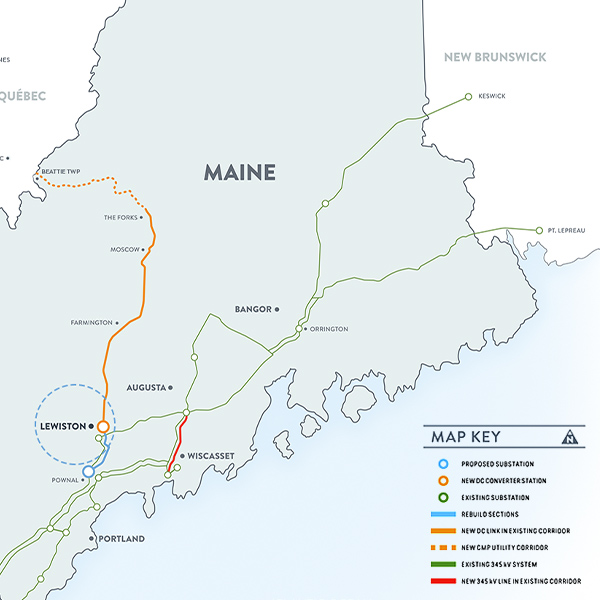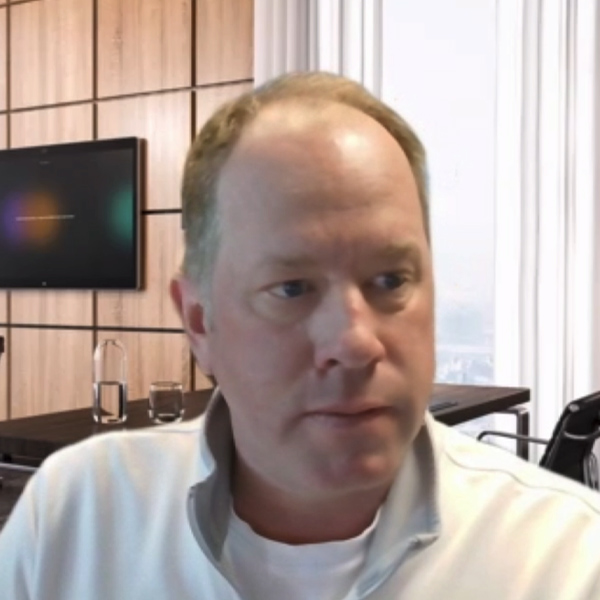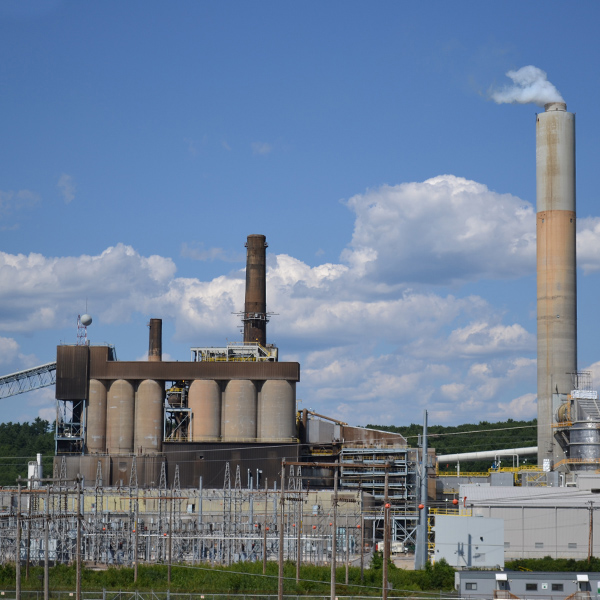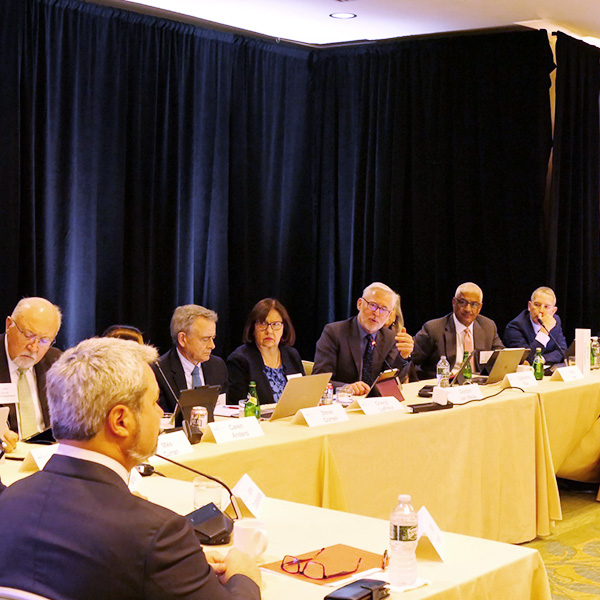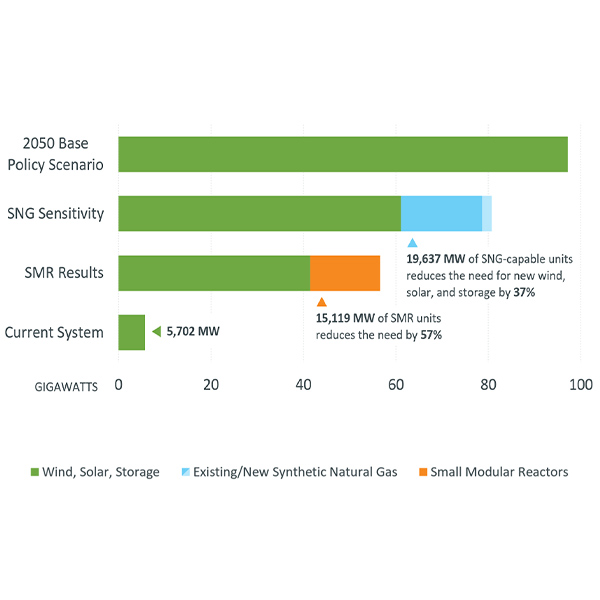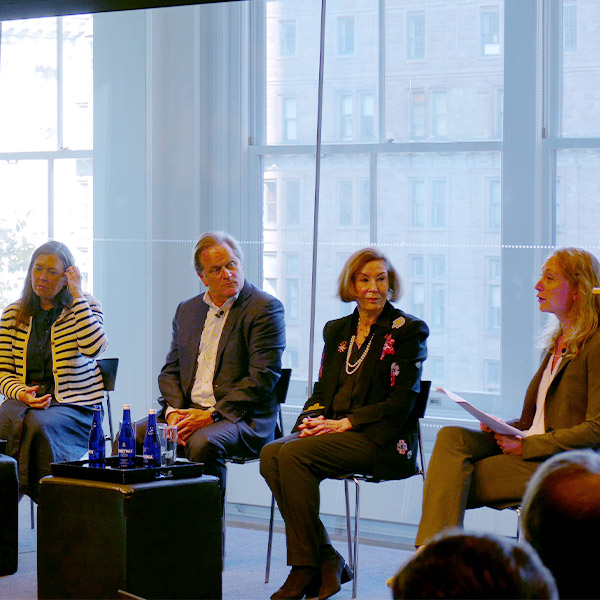ISO New England (ISO-NE)
In an antitrust lawsuit filed in federal court, Avangrid accused NextEra Energy of conducting an “exclusionary and anticompetitive scheme” to stop a major transmission project connecting New England to Quebec.
NERC's Standards Committee passed a slate of actions in its monthly meeting.
FERC and a group of regulators from 10 states began discussing gas-electric coordination at the first meeting of the new Federal-State Current Issues Collaborative.
ISO-NE reiterated its plans not to include in its capacity auction reform project the development of ambient temperature modeling capabilities or a new simultaneous seasonal auction clearing engine.
ISO-NE projects shortfall risks from extreme weather events to be manageable this winter and expects market mechanisms to provide relief by encouraging fuel conservation and replenishment.
An ongoing labor dispute at the hotel hosting ISO-NE’s annual open board meeting drove sparse attendance and harsh criticism from members of consumer and climate advocacy groups.
Deep decarbonization of the New England grid will pose major challenges related to resource adequacy and market administration, ISO-NE concluded in the final report of its Economic Planning for the Clean Energy Transition study.
Despite some recent hiccups with supply chains and higher interest rates, the clean energy transition is set to accelerate with long-term policy support, panelists said at the Aurora Energy Transition Forum.
FERC Order 1920 compliance efforts are getting started, but some uncertainty looms over the rule with a rehearing order expected in the coming months and a presidential election that could change regulators' priorities.
The Inflation Reduction Act and other policies have made the U.S. into one of the most attractive places to invest in clean energy, but completing the energy transition will require additional advances, according to panelists at the Aurora Energy Transition Forum.
Want more? Advanced Search
